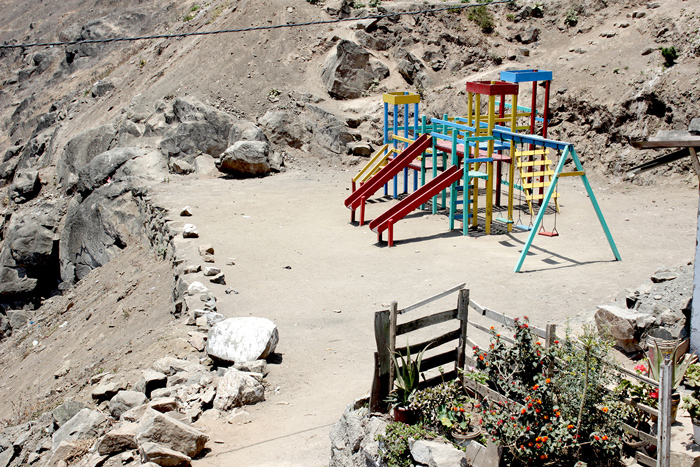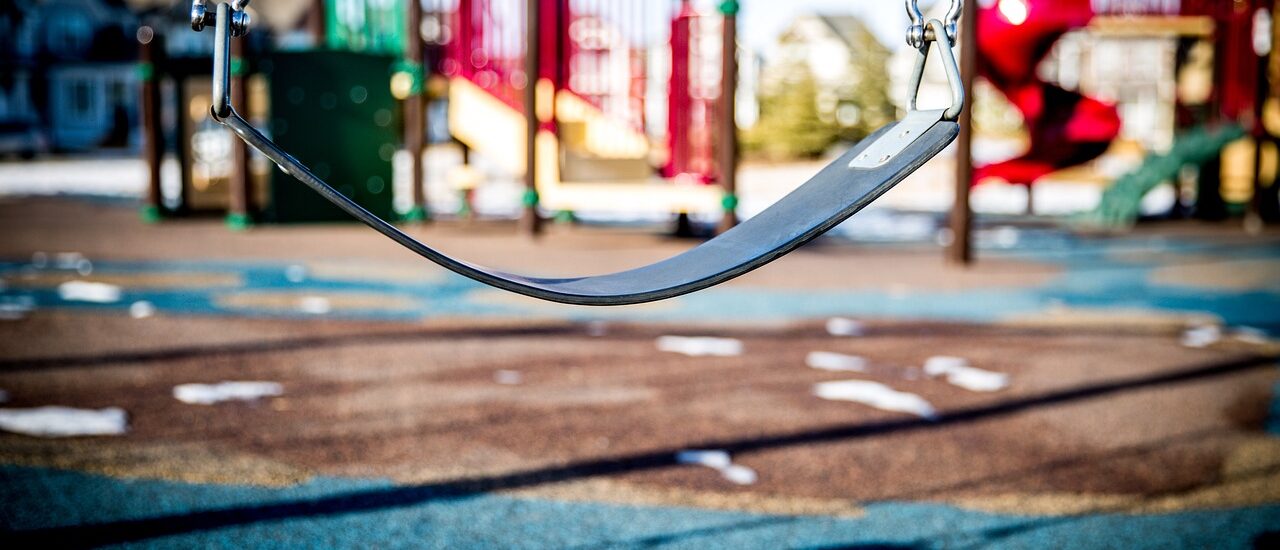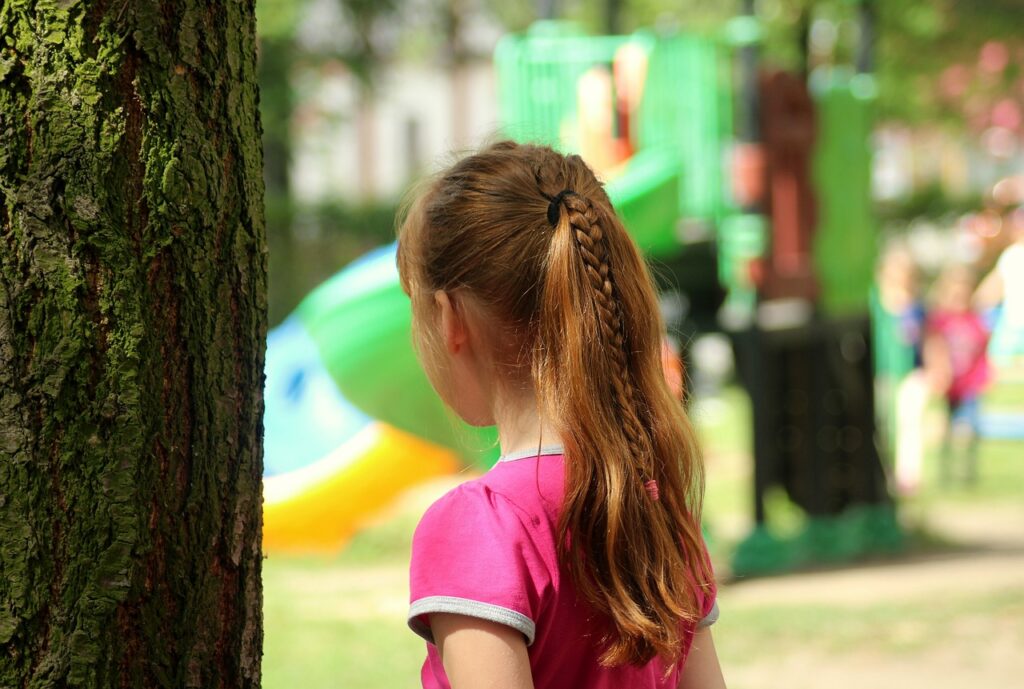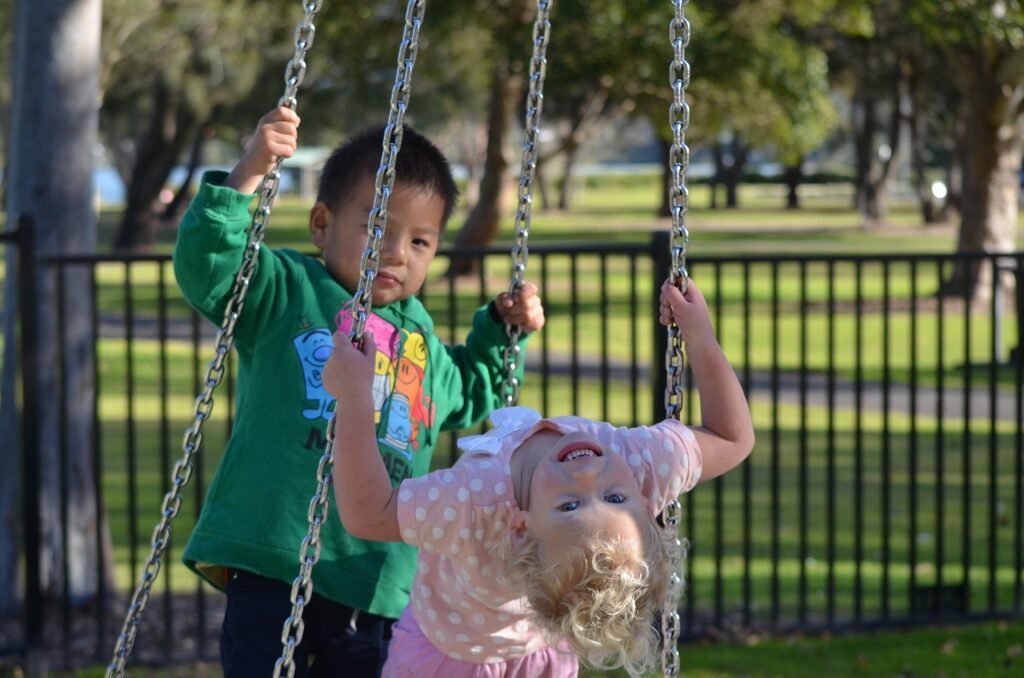Playgrounds are more than just spaces for kids to burn off energy; they’re important components of community development, particularly in low-income areas. These spaces not only provide a safe place for play but also serve as hubs for social interaction, supporting the growth of communities. In neighborhoods where resources are limited, playgrounds offer an accessible outlet for children and families to come together, creating a sense of belonging and community spirit. Today, we’re going to explore the social benefits of playgrounds in low-income communities and how these essential public spaces contribute to the well-being of children, strengthen social ties among residents, and encourage a culture of active, engaged citizenship.

The Social Benefits of Playgrounds in Low Income Communities
Playgrounds are crucial for the development of children. They offer more than just a space to play. They are vital for nurturing a child’s physical, social, and emotional growth. On the swings and slides, children develop motor skills, learn to take turns and navigate social dynamics, laying the foundation for lifelong skills. Playgrounds also serve as essential places for imaginative play, allowing kids to explore their creativity and problem-solving abilities in a safe environment.
Beyond individual development, playgrounds play a significant role in boosting community engagement and well-being. They act as communal hubs where families gather, friendships form, and neighbors meet, strengthening the social fabric of the area. In low-income communities, where such communal spaces might be scarce, playgrounds become even more critical. They offer a free, accessible place for children and adults alike to engage with others, promoting inclusivity and a sense of belonging. The presence of a playground can transform an empty lot into a lively gathering spot, contributing significantly to the overall health of the community.
Strengthening Social Skills Through Play
Community playgrounds are very important in strengthening social skills through play, serving as an outdoor classroom where children learn valuable life lessons beyond the traditional educational setting. These playgrounds provide a unique environment where kids naturally engage with peers, navigating the complexities of social interactions and group dynamics. Through activities like sharing swings, participating in group games, and collaboratively imagining vast, playful worlds, children develop crucial social skills that will continue to help them well into adulthood.
Specifically, playground play teaches children how to communicate effectively, listen attentively, and express their thoughts and needs. They learn the importance of taking turns and sharing equipment, which teaches patience and empathy. Conflict resolution becomes a daily lesson as kids work out disagreements over whose turn it is or what game to play next, enhancing their negotiation skills and ability to understand different perspectives. Furthermore, being part of a team or a playground group activity instills a sense of cooperation and the value of working towards a common goal.
The social benefits of playgrounds in low-income communities are especially important. They provide a space where children can freely interact, build friendships, and learn to include and respect others, reinforcing the social benefits of playgrounds in nurturing well-rounded, socially adept individuals.

Enhancing Emotional Well-being and Physical Health
Playgrounds do more than just offer a space for physical activity; they’re also very important for enhancing children’s emotional well-being and overall health. As an outlet for stress, the playful environment of a playground allows children to forget their worries and immerse themselves in the joy of the moment. Engaging in active play helps release pent-up energy and stress, significantly contributing to improved mental health. The laughter and excitement that fill the air are proof of the emotional benefits that playgrounds provide.
Plus, the physical activity encouraged by playgrounds plays a critical role in combating childhood obesity, a growing concern in many communities. Climbing, swinging, and running not only burn calories but also promote cardiovascular health, muscle development, and coordination. Regular visits to the playground ensure that children get the exercise they need to maintain a healthy weight and develop a lifelong habit of physical activity.
Building Community and Encouraging Inclusion
Playgrounds in low-income communities play an important role in bringing families together, fostering stronger community ties, and promoting inclusivity. These shared spaces are a common ground where children and adults from various backgrounds can come together, breaking down barriers and encouraging unity. By providing a venue for communal events, celebrations, and casual meet-ups, playgrounds become a central hub for interaction, allowing relationships to flourish among neighbors. The inclusivity created by these playgrounds is especially important in diverse communities, where they help to bridge cultural gaps and build mutual respect. Moreover, playgrounds offer a safe and welcoming environment where all children, regardless of their socioeconomic status, can play, learn, and grow together. This accessibility is crucial for fostering a sense of belonging and community spirit, making playgrounds invaluable assets in enhancing the social fabric of low-income neighborhoods.
The Role of The Safe Homes Movement
The Safe Homes Movement is dedicated to improving living conditions in Peru and Ecuador. Its mission is to create safer, more dignified environments for communities through projects like building staircases and parks and renovating homes. A key aspect of their work involves developing safe, accessible play spaces and recognizing their essential role in community development and child well-being. By integrating playgrounds into their initiatives, The Safe Homes Movement not only enhances physical environments but also supports the social and emotional health of communities, aligning with their broader goals of fostering safer, more inclusive neighborhoods.
Why Join The Safe Homes Movement?
Volunteering with The Safe Homes Movement offers a chance to make a real difference in marginalized neighborhoods. By contributing to the creation of playgrounds and safe community spaces, volunteers help provide children and families with essential areas for play, exercise, and socialization, directly impacting their quality of life. Your involvement can transform communities, promote health and happiness, and pave the way for a brighter future.
Download our brochure and make a difference today. Join us in building foundations for a better tomorrow through the development of playgrounds and safe community spaces. Together, we can bring joy and safety to neighborhoods in need.








